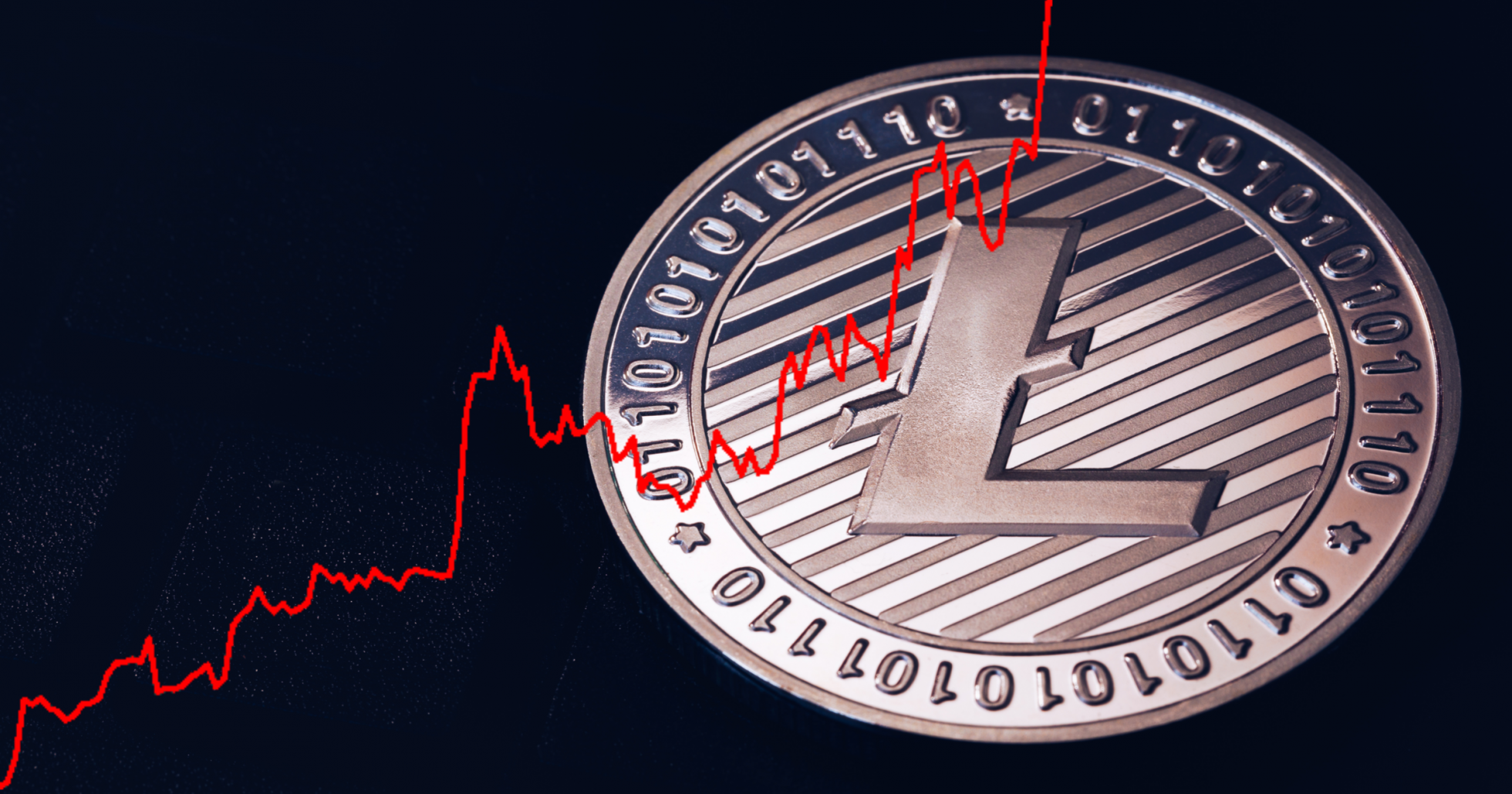A crypto exchange is a primary tool for buying and selling digital assets. However, there are so many types of cryptocurrency exchanges today that you will have to spend enough time before trading to understand which platform is best suited to your specific needs.
Cryptocurrency exchanges are the most active and important service category in the crypto economy. They come in different formats and types to suit the needs of all users. The process does not stop – we continue to see more and more new models emerge. Below is an overview of the most common types of cryptocurrency exchanges.

Centralized exchanges
Centralized cryptocurrency exchanges (CEX) are distinguished by the fact that a central governing body has full control over the functions and operations of the site. All transactions do not take place directly between individual users but through the mediation of a third party. This approach has its drawbacks, and nevertheless, due to its convenience, it is still the most popular platform.
Examples of centralized exchanges:
- Binance;
- EXMO;
- Huobi Global.
Decentralized cryptocurrency exchanges
Decentralized cryptocurrency exchanges (DEX) are controlled by users. They exchange assets directly with each other, while only matching orders remain centralized. A more modern version of the DEX implies an automatic market maker, where there is no order book, but there are trading pools, within which an instant exchange is carried out.
Examples of decentralized exchanges:
- Binance Dex;
- Uniswap;
- Balancer.
Regulated and unregulated exchanges
Regulated cryptocurrency exchanges are licensed to carry out financial activities in certain countries. They fully comply with legal requirements, verify the identity of each user, as well as check each transaction for legal origin.
Examples of regulated exchanges:
- Currency;
- EXMO;
- Coinbase.
Unregulated cryptocurrency exchanges impose far fewer requirements on users in terms of disclosing sensitive data. However, this also reduces the safety of use. In a situation where the client’s rights are violated, there is no reason to complain.
Examples of unregulated exchanges:
- YoBit;
- Binance;
- Livecoin.
Exchanges for spot trading and derivatives trading
Derivatives are financial instruments from the underlying (main) asset that allow you to trade on a professional basis with risk hedging. A derivative is a transaction agreement under which one of the parties has the right or is obliged to sell/buy an asset at a specified price within a specified period. Concerning spot trading, with this option, the transfer of purchased/sold assets occurs instantly without any delay.
There are different types of derivatives. For instance:
- Futures. Profit from trading such contracts is formed due to changes in prices for different assets. Traders assume the further direction of the rate movement and get the opportunity to gain profit from the difference. It is possible to conclude deals in long (selling more expensive) or short (buying cheaper) with margin leverage.
- Options. A contract according to which the user has the right to buy a cryptocurrency at a given price, but is not obliged to do so.
- Leveraged tokens. A relatively recent trading instrument with fixed leverage, reduced risk of liquidation, and automatic reinvestment. Exchanges create leveraged tokens, and traders acquire them. With the money received, exchanges open trading positions in perpetual futures. If the positions turn out to be profitable, then the token rate increases.
- Swaps. Perpetual contract, according to which a participant in the transaction can hold an open position for up to a year.
Fiat or non-fiat exchanges
Those types of cryptocurrency exchanges that support fiat are convenient, both for the initial purchase of a crypt and in the future for quick exchange and withdrawal to a card / electronic wallet. In most cases (although there are exceptions), such manipulations require passing the KYC check.
Examples of exchanges where you can use fiat funds:
- Currency;
- YoBit;
- Livecoin.
Exchanges for p2p exchange
We should also mention such a widespread type of cryptocurrency exchange as p2p platforms. Their essence lies in the fact that users themselves create ads on favorable terms for them, and other users can choose from the proposed options or, if nothing is suitable, then create their own. Funds are transferred directly between participants, and the exchange only ensures the integrity of the process using special technical measures (escrow account).
Examples of p2p exchanges:
- Paxful;
- LocalBitcoins;
- LocalCryptos;
- Monabey;
- Cryptolocator;
- Binance p2p.
Exchange selection criteria
Key parameters that affect which type of cryptocurrency exchange to choose:
- Verification requirements. Some people do not want to reveal their identity in principle;
- Good reputation;
- Availability of the required trading assets;
- Commission level;
- Methods for depositing/withdrawing funds;
- Security measures;
- Additional features (margin trading, landing page, staking, pharming, etc.).
- Trading volumes (liquidity);
- Demo account, bonuses.
It is reasonable if you do not understand the intricacies, to choose the top sites according to the monitoring data of CoinGecko or CoinMarketCap. They have already been verified by hundreds of thousands of users, and have a positive reputation and excellent liquidity.
Which exchanges are suitable for newbies
First of all, the platform must be safe. Then it must be accessible and easy to learn. A detailed help system is needed, which will describe even the simplest steps, such as depositing an account or creating an order. Most likely, the first exchange for a newcomer will be a centralized custodian platform that takes care of the security of the client’s funds. Thus, the user does not need to worry about the keys themselves and their storage.
Some exchanges offer the option to trade on a demo account risk-free with real funds. It is a good opportunity to practice before pouring in real money.










